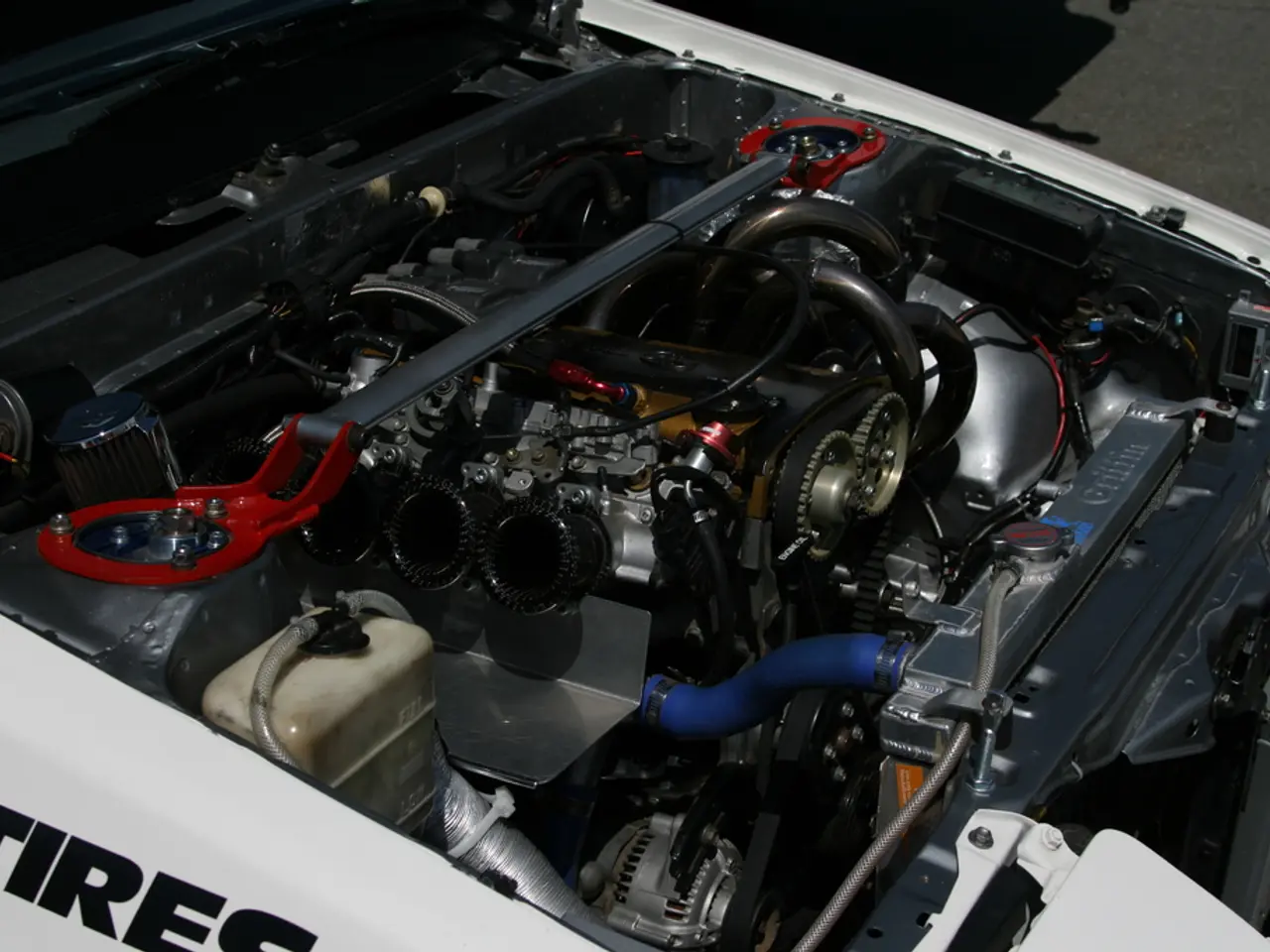Battery Breakthrough: US Engineers Create Filter to Revolutionize EVs, Phones, and Drones
A groundbreaking development in battery technology could revolutionize electric vehicles, phones, and drones. Engineers from top US universities have created a one-atom-thick filter that significantly improves the performance of lithium-sulfur batteries.
Lithium-sulfur batteries, though promising, have faced challenges due to sulfur's tendency to form long chains, draining power and reducing lifespan. The new filter, created using chemical vapor deposition on a copper foil, blocks these sulfur chains, allowing only tiny lithium ions to pass through.
In tests, batteries with this filter retained nearly all their capacity over 150 charge-discharge cycles, unlike unfiltered batteries. This breakthrough could extend the range of electric vehicles, increase phone battery life, and prolong drone flight times. Moreover, it opens up potential applications in heavy-duty vehicles and ships, where battery weight is a major obstacle. The research was conducted by engineers from the University of Florida, Purdue University, and Vanderbilt University.
Lithium-sulfur batteries, with their lighter weight and higher energy density, could soon replace lithium-ion batteries in various devices. The one-atom-thick filter, by addressing sulfur's clumping issue, paves the way for this transition. Further research and development are needed to fully harness this promising technology.
Read also:
- Potential Consequences of Dismantling FEMA Vary Across States
- Railway line in Bavaria threatened by unstable slope - extensive construction site at risk
- Wind Farm Controversy on the Boundary of Laois and Kilkenny
- Puerto Rico's Climate Lawfare Campaign experiences another setback with the dismissal of its deals.








